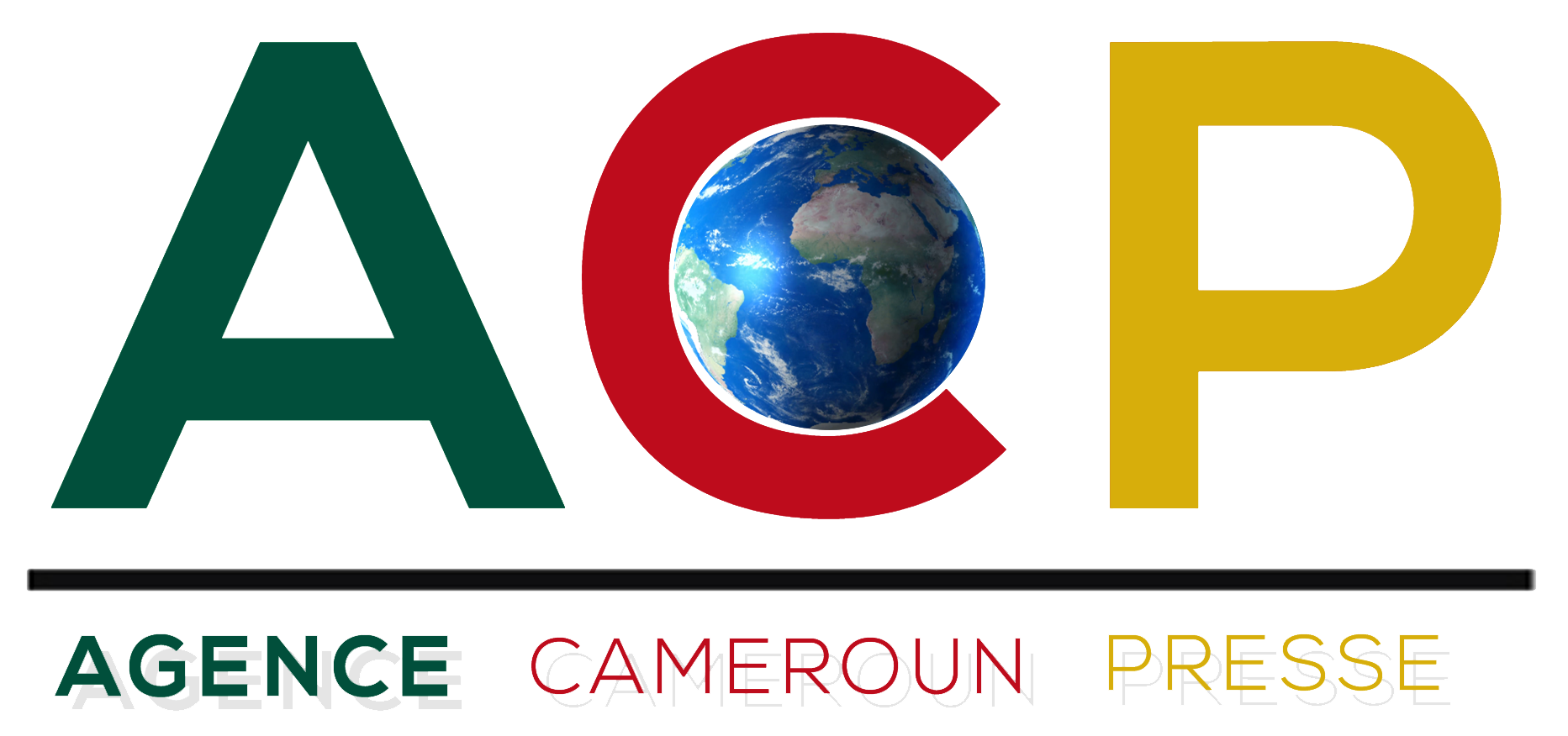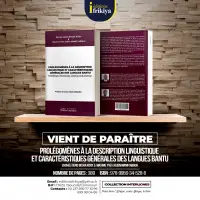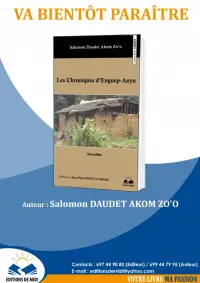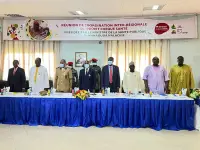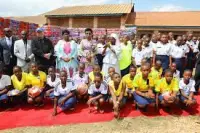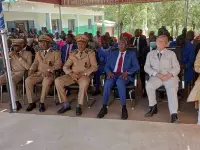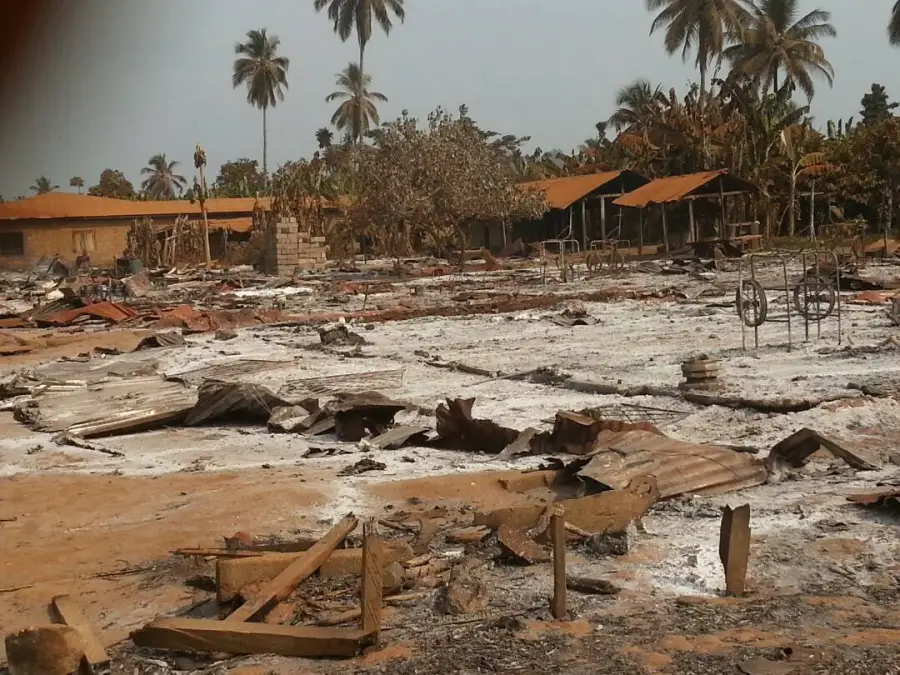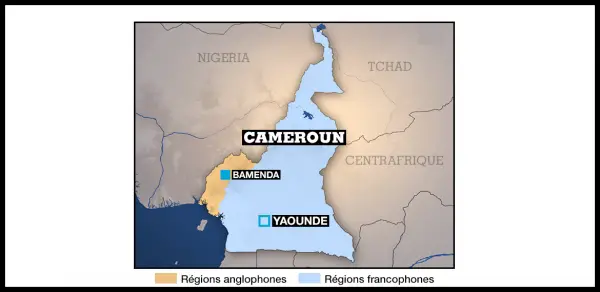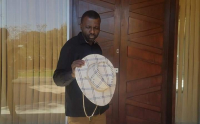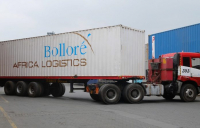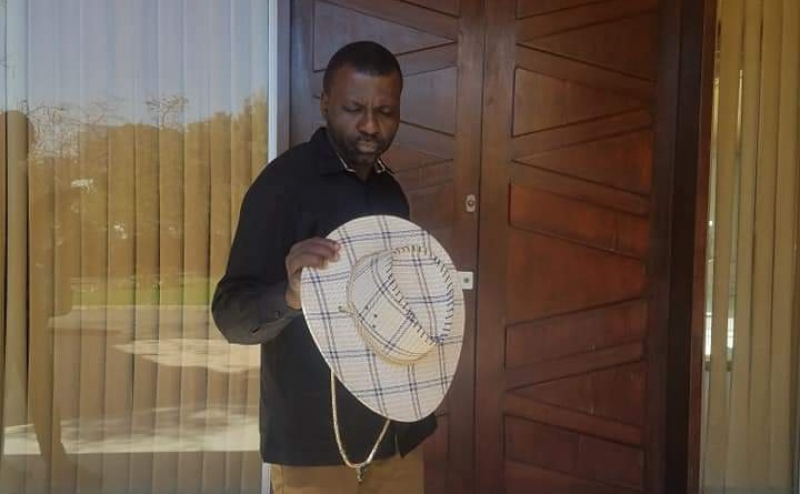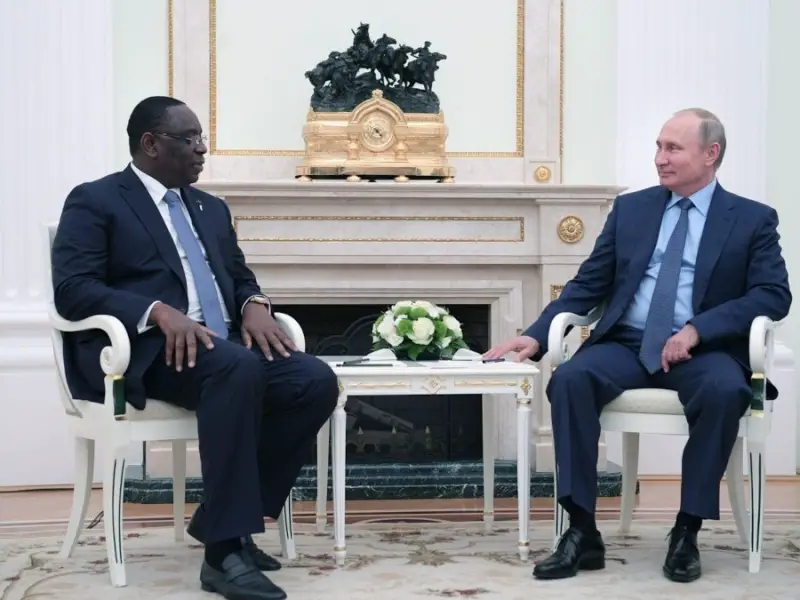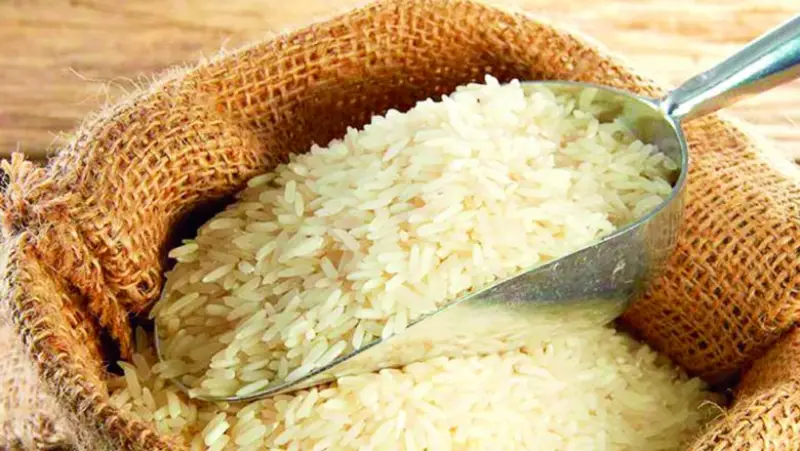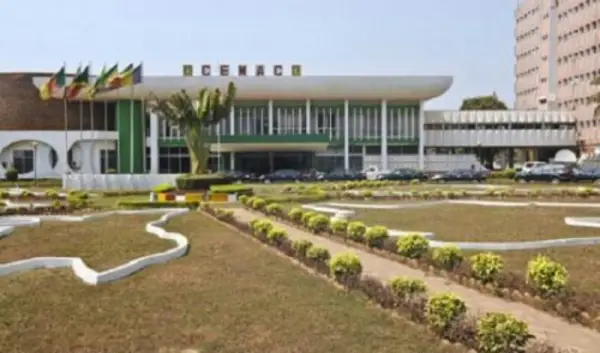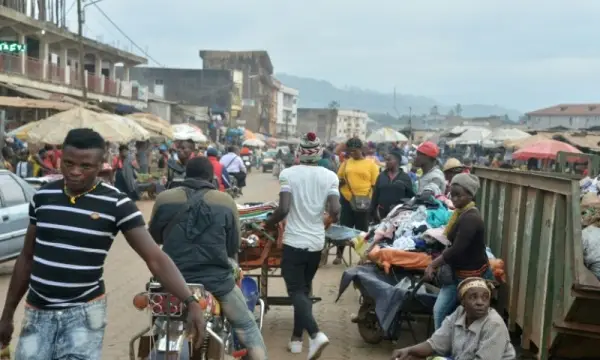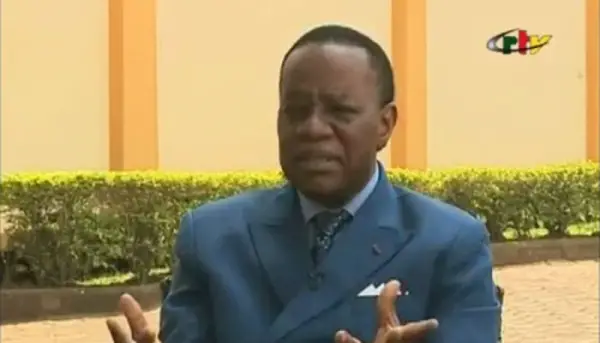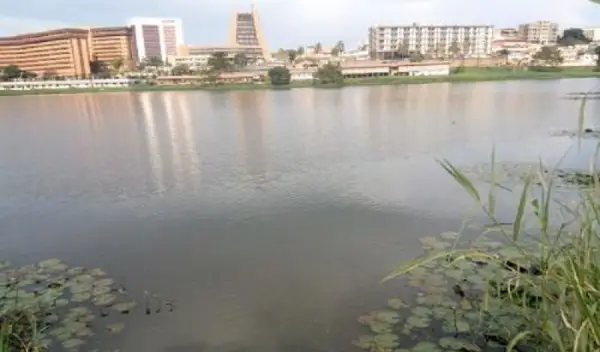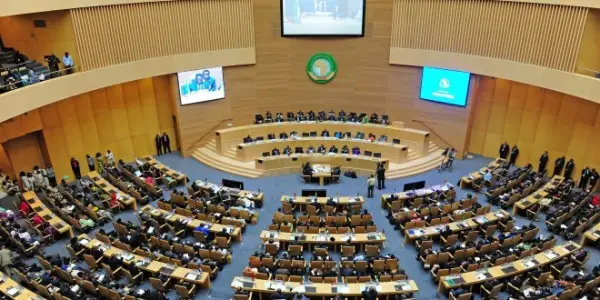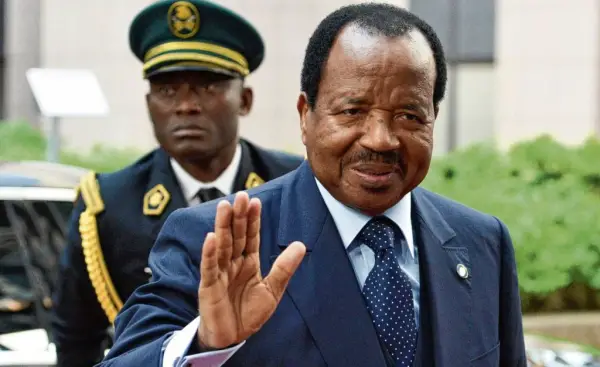The reconstruction of the regions badly hit by crisis especially the North West and South West with the Anglophone crisis and the Far North with Boko Haram insurgencies will be given special attention during the preparation of the 2022 State Budget.
The information was disclosed by the President of the Republic, Paul Biya in a circular outlining the general budget policy guidelines as well as practical measures for preparing the State budget for the 2022 financial year, signed Monday August 30.
The reconstruction of the North West, South West and Far North regions of Cameroon are projects that feature in the country’s economic, social and cultural development policy, underpinned by the 2020-2030 National Development Strategy (NDS30) which operationalizes the second phase of Vision 2035.
As such, the preparation of the State budget for the 2022 financial year appears as a continuation of the implementation of the nation’s development policy.
Boko Haram insurgency and its consequences
As far as reconstructing the Far North – Cameroon’s poorest region is concerned, the biggest challenge remains the persistent and recurrent deadly attacks from the Boko Haram Islamic sect. Cameroon has been officially at war with Boko Haram since May 2014. The fight has exacerbated the already-delicate economic situation and placed under strain traditional socio-economic roles.
More than 3,000 civilians and soldiers have been killed, in addition to the more than 1,000 people kidnapped in the region and huge sums of money demanded as ransoms to secure their release. Houses, schools and other important infrastructures have equally been destroyed in the course of the crisis.
The Anglophone crisis
As for the North West and South West regions, the Anglophone crisis has wreaked havoc in these two regions for over four years. Starting as a low-scale insurgency, the conflict spread to most parts of the Anglophone regions within a year. By the summer of 2019, the government controlled the major cities and parts of the countryside, while the Ambazonian nationalists held parts of the countryside and regularly appeared in the major cities. A year later, clearly-defined frontlines had emerged, sometimes with a tacit mutual understanding between the belligerents on who controls which areas; while Cameroon would raid separatist-controlled towns and villages, it would not seek to outright recapture them, focusing instead on securing the major urban areas.
Over 4,000 people have been killed and 765,000 displaced, of whom 60,000 are refugees in Nigeria. According to the UN, three of the Anglophone regions’ four million people are affected by the humanitarian crisis while about 800,000 children are out of school as a good number of school infrastructures have been reduced to nothing.
The crisis has equally dealt with the country’s local economy. In June 2018, Cameroon Development Corporation, the State-owned company with 22,000 employees, declared the conflict could lead to the loss of 5,000 jobs on the short term. In July 2018, Cameroonian NGO Human Is Right reported that the war had caused a 70 percent increase in unemployment in the agricultural sector. The palm oil and cocoa sectors in South West region had taken a severe blow, with State-owned company Pamol abandoning plantations in some areas. The private company Telcar Cocoa reported that the cocoa production had fallen 80 percent. The NGO suggested that companies make deals with the separatists in order to safeguard their facilities. By 2019, annual tax revenues in the Anglophone regions had dropped from US$800,000 to US$1,000, and by 2020 almost all tax officials had fled their crossing posts on the Nigerian border.
Presidential Plan for the Reconstruction and Development of the North West and South West regions
In an attempt to appease the anger of some English-speaking Cameroonians, the Head of State put in place a plan to rebuild the two crisis-hit regions in what was coined as the Presidential Plan for the Reconstruction and Development of the North West and South regions.
The initiative that is spearheaded by Minister Paul Tasong seeks to rebuild houses, villages, infrastructures, bridges, farmlands amongst others destroyed in the course of the Anglophone crisis.
The plan was highly acclaimed but owing to the persistent climate of insecurity that reigns parts of both regions, its fruits are yet to be seen.
Ariane Foguem
